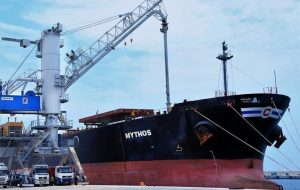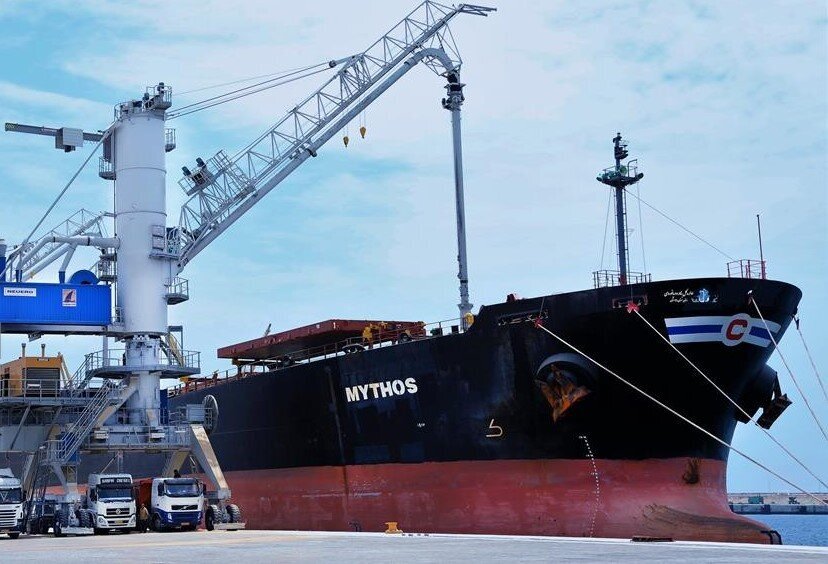PMO attracts nearly $500m of investment in ports, maritime sector in H1
TEHRAN – Iran’s Ports and Maritime Organization (PMO) said the organization has managed to attract 250 trillion rials (about $500 million) of investment from the private sector in the country’s ports and maritime sector during the first six months of the current Iranian calendar year (March 20- September 21), an official with PMO said. Referring


TEHRAN – Iran’s Ports and Maritime Organization (PMO) said the organization has managed to attract 250 trillion rials (about $500 million) of investment from the private sector in the country’s ports and maritime sector during the first six months of the current Iranian calendar year (March 20- September 21), an official with PMO said.
Referring to PMO’s new approaches for attracting private sector investment in the country’s ports and maritime sector, Hassan Yadollahi, director of economic affairs at PMO, said: “The Ports and Maritime Organization is following a new approach in attracting non-governmental investment in the country’s ports, and considering the variety of projects in the mentioned sector and government’s new policies regarding sea-oriented development, it is possible to make the best of the private sector capacities in this area.”
According to Yadollahi, PMO has signed more than 500 investment contracts with the private sector, some of which have been terminated, and currently 364 investment contracts are effective in the commercial ports of the country.
Earlier in October, PMO Head Ali-Akbar Safaei said the organization has put it on the agenda to attract more than $1.2 billion of investment from the country’s private sector in ports and maritime sector.
According to Safaei, PMO has defined various projects to develop the country’s ports and only in the infrastructure sector over 960 trillion rials (about $1.9 billion) of investment projects have been defined and ready to be awarded to the private sector.
Back in July, the official had said that over the past few years, the organization has managed to attract nearly $1.7 billion of foreign and domestic investment in the country’s ports and maritime sector.
Speaking in a press conference, Safaei said some 620 trillion rials (about $1.24 billion) of domestic investment and $470 million of foreign investment were attracted in the mentioned sectors.
“The attraction of this amount of private sector investment is significant compared to the total budget of the government in the sea and port sectors,” he said.
According to the official, regarding foreign investment, PMO has signed contracts with five countries including India which has so far invested $120 million in the port sector and $250 million in the rail, roads, and infrastructure sectors.
Referring to the growth of maritime trade in the country, Safaei continued: “Maritime trade increased from 215 million tons in [the Iranian calendar year] 1401 (2022-2023) to 237 million tons last year (ended on March 19, 2024).”
“In the first quarter of the current year, 60 million tons of maritime trade was recorded, which shows a 10 percent growth compared to the same period last year, and even a 70 percent growth was recorded in some parts of the Caspian Sea,” he added.
While Iran is combating the U.S. unilateral sanctions on its economy, the country’s ports, as the major gates of exports and imports, play a significant role in this battle. This role makes all-out support for ports and their further development serious and vital.
Such necessity has led the government to define projects for more development of the ports and also take some measures to encourage investment making in ports, in addition to facilitating the loading and unloading of goods, especially basic commodities, there.
It is worth mentioning that Iran’s Ports and Maritime Organization has defined a high number of projects to develop and improve the country’s ports, as the country aims to double the capacity of its ports in the course of five years.
EF/MA
